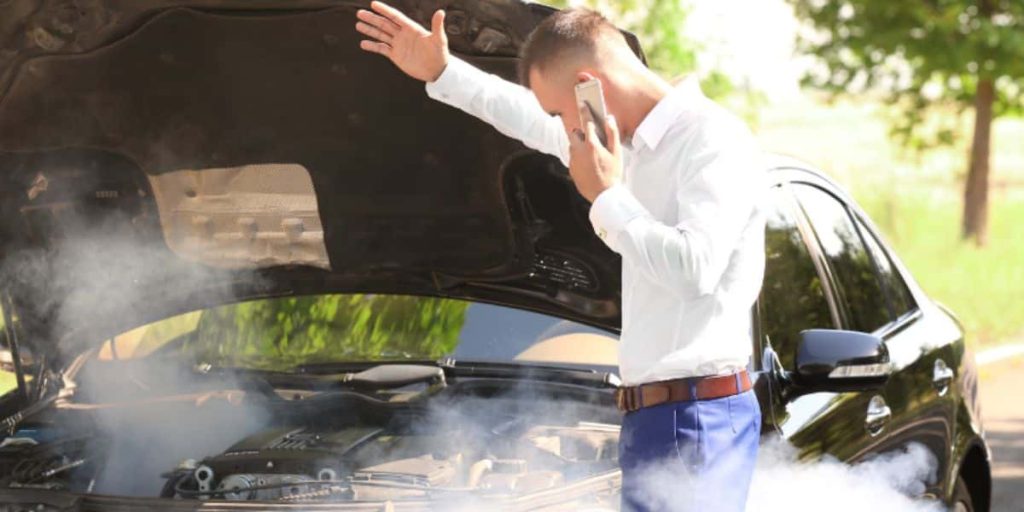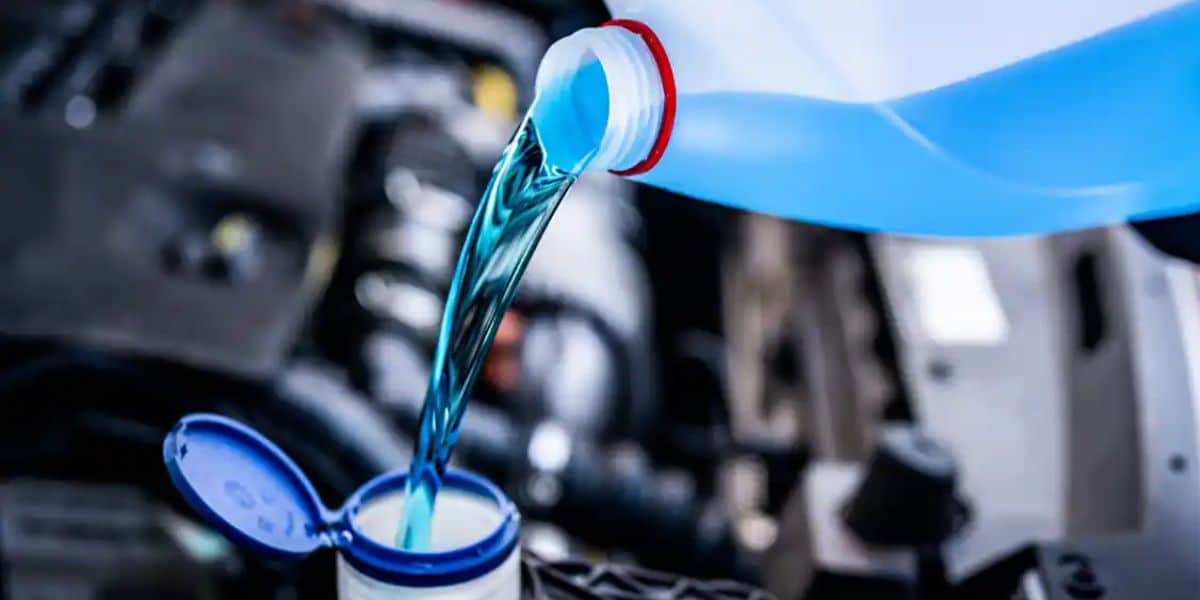When you turn off your car, it takes time for the engine to cool down. After that, it takes time for the engine to warm up again when you start the car. This is called the car cooling time. Depending on the vehicle’s make, model, age, and operating conditions. The cooling time can vary.
Have you ever wondered how long it takes for a car to cool down after a long drive or sitting in the sun for an extended period? It can be tempting to jump into your car and hit the road. But waiting for the engine to cool down before driving off is essential. Starting a car with a hot engine can cause unnecessary wear and tear on the machine. It reduces fuel efficiency and even causes engine damage.
To ensure your car’s longevity and smooth operation, waiting for the engine to cool down before driving off is important. It takes around 30 minutes for a car to cool down after being driven. So, remember to exercise patience and wait for your car to cool down before hitting the road. This article will discuss factors, risks, and car engine cooling tips.
Factors That Affect How Long It Takes for a Car to Cool Down
Several factors can impact how long a car can cool down. Let’s take a closer look at each of these factors.
Temperature Outside
The temperature outside is one of the most significant factors. It affects how long it takes for a car to cool down. If it is hot outside, it will take longer for the car’s interior to cool down. The car’s metal surfaces absorb heat from the sun. They keep the heat for a long time. When you enter the car, the heat stored on these surfaces is released into the air, making it feel hot inside.
Size and Type of the Vehicle
The vehicle’s size and type also affect how long it takes for a car to cool down. Larger vehicles like SUVs and vans have more interior space to cool. This means that it will take longer to bring the temperature down. Also, vehicles with darker interiors absorb more heat than lighter ones. It can also affect the cooling time.
Condition of the Air Conditioning System
The condition of the car’s air conditioning system is another important factor. If the system is not working properly, it will take longer to cool down the interior.
A few common issues can affect the air conditioning system’s performance. These include low refrigerant levels, a clogged condenser, or a malfunctioning compressor. If you suspect that your air conditioning system is not working correctly. It is best to have it inspected by a qualified mechanic.
How Long Does it Typically Take for a Car to Cool Down?
So, how long does it take for a car to cool down? The answer to this question depends on the factors mentioned above. Generally, a car can take 10 to 30 minutes to cool down to a comfortable temperature.
If the temperature outside is hot, it may take longer for the car to cool down. In this case, you may need to take additional steps to cool down the car’s interior. Let’s take a look at some tips for doing so.
Tips for Accelerating Car Cooling
Here are some tips for accelerating car cooling:
Park in the shade or a garage:
Parking in a shaded area can help keep the car cooler and reduce the time it takes to cool down.
Use a sunshade:
A sunshade can be placed on the windshield to block the sun’s rays and prevent the car from getting too hot.
Roll down the windows:
Rolling down the windows can help cool down the car faster by allowing hot air to escape and cool air to circulate.
Turn on the air conditioning:
Turning on the air conditioning can help cool down the car faster. But it’s important to note that running the AC can also increase fuel consumption.
Turn on the ventilation system:
Turning on the ventilation system can help circulate air throughout the car and cool it down faster.
Use a remote starter:
If your car has a remote starter, you can start the engine. You can turn on the air conditioning before getting into the car to help cool it down faster.
Use a fan:
Placing a fan in the car can help circulate air and cool down the interior faster.
These tips help you cool down your car faster and reduce time. You have to wait before getting on the road.
Risks of Driving an Overheated Car

Driving an overheated car can be dangerous and potentially cause serious damage to the engine. Here are some risks associated with driving an overheated car:
Engine damage:
An overheated engine can cause damage to the engine components, including the pistons, cylinder walls, and head gasket. This can result in costly repairs or even engine failure.
Reduced performance:
When the engine overheats, it can cause a reduction in performance and power, making it harder to accelerate or maintain speed.
Increased emissions:
An overheated engine can produce more emissions, which can harm the environment and cause your car to fail emissions tests.
Fire hazard:
An overheated engine can be a fire hazard, especially if there is a leak in the cooling system.
Safety hazard:
An overheated engine can cause the car to break down, potentially leaving you stranded on the side of the road. It can also cause the car to stall or lose power, which can be dangerous in certain driving situations, such as on the highway.
If you suspect your car is overheating, immediately preventing further damage is important. Pull over to a safe location, turn off the engine, and wait for it to cool down before attempting to drive again.
How to Prevent Car Overheating
Preventing car overheating is crucial to avoid damage to your engine and costly repairs. Here are some simple steps you can take to prevent your car from overheating:
Regular maintenance:
Have your car serviced regularly, including checking the coolant level and the condition of the cooling system.
Check for leaks:
Regularly check for leaks in the cooling system and have them repaired as soon as possible.
Avoid driving in high temperatures:
Avoid driving during the hottest parts of the day or in extreme heat if possible.
Keep an eye on the temperature gauge:
Watch the temperature gauge on your dashboard and pull over if the engine overheats.
These simple steps can help prevent your car from overheating and ensure a smooth and safe driving experience.
Conclusion
How long does it take for a car to cool down? The time it takes for a car to cool down varies. It depends on various factors, such as the outdoor temperature, the duration, and driving intensity. It also depends on the type and condition of the vehicle’s cooling system. Usually, it takes a car 30 minutes to a few hours to cool down completely. This is a general rule to keep in mind.
Letting the car cool down before attempting any repairs or maintenance is essential. It must access the engine or other hot components. Leaving the car on with AC can cool it faster.
You need to take care of your car’s cooling system so it won’t overheat and will work properly. This means checking and replacing coolant levels, inspecting belts and hoses, and cleaning the radiator and condenser fins. By doing so, you can extend the lifespan of your vehicle and avoid costly repairs down the road.






